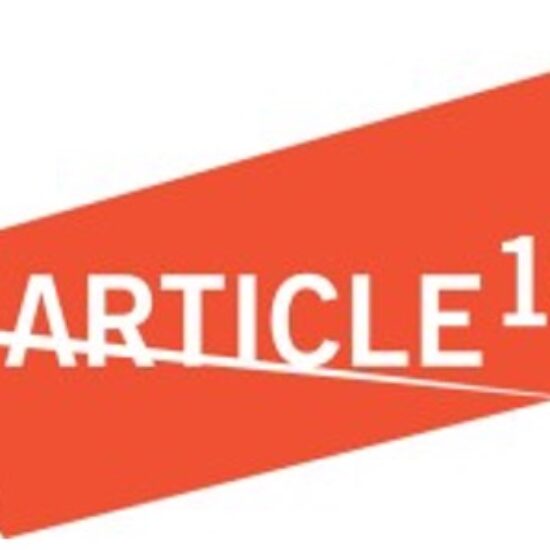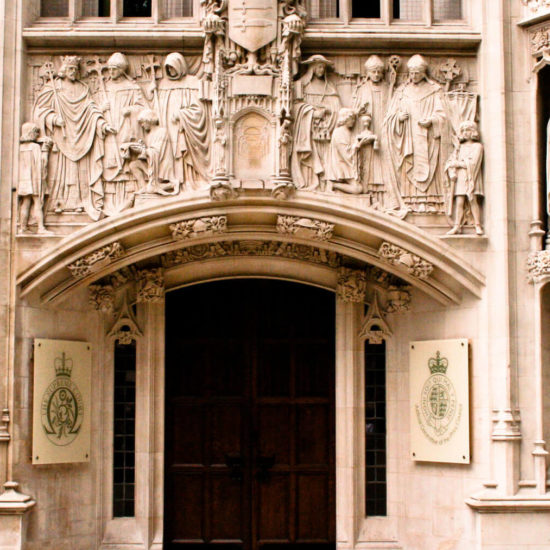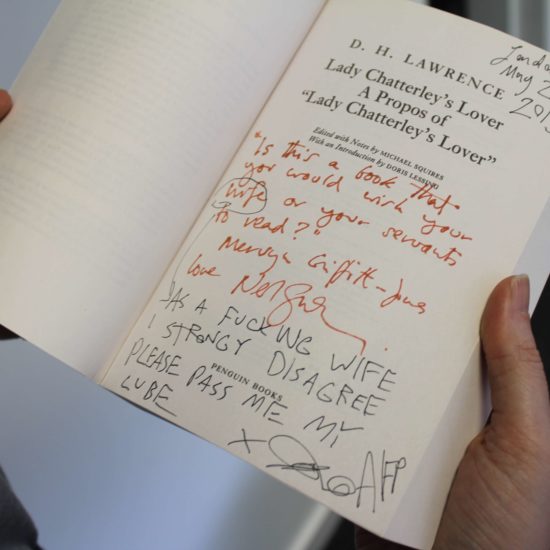English PEN campaigns to defend the right to free speech and the promotion of literature in the UK. We champion freedom of expression through our ongoing work on legislation such as the National Security Bill, the Online Safety Bill and the Bill of Rights Bill. We also campaign for the introduction of new legislation that enhances and protects freedom of expression, such as the Model UK Anti-SLAPP Legislation.
One of our most emblematic campaigns is the Libel Reform Campaign, which started in 2009 and culminated in the enactment of the Defamation Act 2013.
CAMPAIGNS
SLAPPs(Strategic Lawsuits Against Public Participation) are lawsuits initiated by powerful individuals, with the intent of shutting down acts of public participation, such as public interest journalism, peaceful protest or boycotts, advocacy, whistleblowing, NGOs and academic comments.
SLAPPs are a serious threat to democracy as they impede the exercise of freedom of expression, assembly and association.
Characteristic of a SLAPP is the intention of the claimant is not to win and defend their rights but to exhaust the financial and psychological resources of the target. The high cost of litigation is a powerful factor behind the success of SLAPP cases as the defendants are typically individual journalists or independent news/media outlets, for whom the cost of hiring lawyers and investing resources in defending the lawsuits is very significant. Claimants exploit this financial disparity to pressure defendants to settle lawsuits, abandon criticism and publish apologies (which can whitewash the claimant’s reputation).
Whilst the financial burden on defendants is measurable, the psychological impact of SLAPPs is perhaps also a significant burden, particularly for freelancers or those with additional caring responsibilities or other personal circumstances that would be put under increased pressure due to a SLAPP.
Beyond the censorious effect on the targets, SLAPPs also have a chilling effect on others who may wish to report on or draw attention to the same or similar issues. The spectre of very high litigation costs may not only silence the targets but can also lead others to refrain from investigating, publishing or speaking out on issues of public interest.
English PEN was a co-chair of the UK Anti-SLAPP Coalition between 2021–2023 and continues to be an active member of the Coalition.
In July 2021, English PEN, Index on Censorship and Foreign Policy Centre, as part of the UK Anti-SLAPP Coalition, outlined several key qualities in SLAPP cases:
- The lawsuits or legal threats are usually based on defamation law, however, increasingly in the last years, lawsuits have been based on privacy, data protection and harassment laws.
- There is an imbalance of power and wealth between the claimant and the defendant.
- The claimant exploits procedural manoeuvres and resource-intensive procedures to drive up costs.
- The lawsuit often targets individuals instead of, or as well as, the organisation they work for.
- The claimant often has a history of legal intimidation and uses many of the law firms to facilitate their SLAPPs.
- The claimant may claim to pursue a disproportionately large amount of compensation from the defendant, if they refuse to comply with the claimant’s demands.
- Legal threats are increasingly being issued in response to ‘right to reply’ requests and result in journalists being drawn into a protracted quasi-legal communication process prior to publication.
Since then, as part of the UK Anti-SLAPP Coalition, English PEN has drafted a Model UK Anti-SLAPP Legislation, read the Consultation Paper and the Model Law at the links below.
Recent cases include



